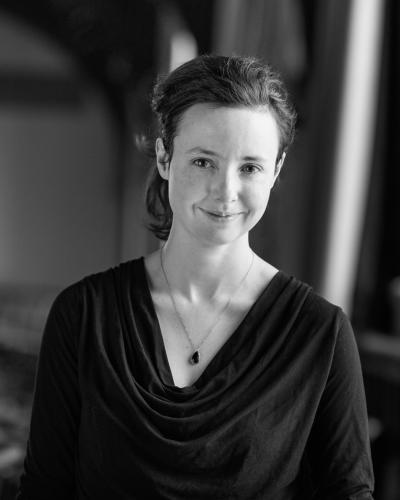
Ingrid Norton is a writer, storyteller, and scholar of stories. She received her PhD in American literature from Princeton University in March 2023. She is an alumna of Harvard Divinity School and the University of Texas at Austin. Her academic training focuses on the histories, myths, wounds, and resources of U.S. culture—and on the resources of storytelling across eras, from ancient myth to contemporary speculative fiction. She has taught classes on the evolution of love stories across centuries of Anglo-American literature; the Bible as literature; Jesus and Buddha; Mesopotamian goddesses; and on American storytelling, from Lenape and Mayan creation tales to modern cinema. Her public speaking ranges from an invited keynotes on love and war to performances of modernized myths at venues ranging from performance showcases to the 2022 New York Poetry Festival.
Her current novel tells the story of a woman who becomes immortal in 17th century New York City and pursues love across four centuries of the city's history. Her new project imagines two cosmic beings staking a bet on an interracial relationship between two mortals in contemporary Texas. Norton is also a former editor and, before graduate school, she worked as a journalist in Detroit and New Orleans. She continues to write for a wide audience. Her essays and fiction have appeared in publications such as Boston Review, Dissent, The Guardian, Litro, The Los Angeles Review of Books, Open Letters Monthly, and The Point. Her work has been anthologized in books such as Building Community Resilience Post-Disaster (American Bar Association) and A Detroit Anthology (Rust Belt Chic Press). She is the founder of the Myth Lab, a new project designed to foster collaborations that envision and disseminate the myths and stories needed by our era.
The Novel
Coming Soon
Essays, Lectures, & Stories
Ingrid Norton has written book reviews, essays, fiction, and reportage for publications ranging from Boston Review to The Guardian and Litro Magazine. She lectures and performs at venues ranging from universities to the New York Poetry Festival. Here are six of her best essays, lectures, and short stories. This work often centers on questions of mourning, romantic love, and collective storytelling.
Essays, Lectures, & Stories

On New York City's Potter's Field
Hart Island could be viewed as a failure of urban ethics—a place where the city's dead are hidden from view and buried en masse—or it could point to new ways to observe and even revere the deaths of the strangers around us. How to mourn the prematurely dead, the marginalized dead, those who die outside traditional structures, are questions that we must sooner or later face collectively.
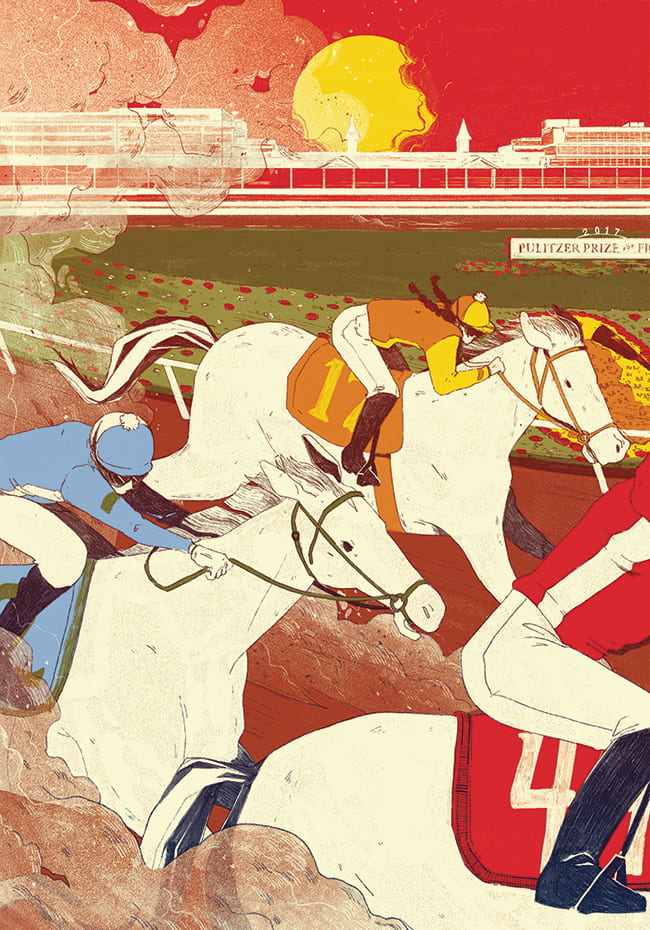
Harvard Divinity Bulletin, 2019
As The Sport of Kings draws towards its conclusion, the novel wrangles more and more with questions of the pull of ambition set against the multiplicity of nature, the smallness of humanity, the importance of ethics. It is hard not to see these preoccupations as mirroring the astonishing talents of their author, who has written one of the most daring American novels of recent years, with philosophical profundity, stylistic richness, and moral vision to spare.

In many ways, September 11 was singular: nearly three thousand people, mostly civilians going about their day, killed—incinerated, crushed, vaporized—in the space of two and a half hours. In other ways, the tragedy seems emblematic; the absences and obsessions of how we grieved, instructive. In an era of mass shootings, natural disasters, and terrorist attacks, how to grieve these kinds of death seems just as vital a question as how to prevent them. Perhaps we need to learn how to accord such victims the kind of public, shared memorialization and grief that past generations accorded to the military dead.

Everyone in her circle already knew about the break-up so she said, Why not make something of it? She organized a performance, one night only. She and Anna bought twenty red Anima Sola candles and lit them all around a cavernous art gallery on the east side. They taped mirrors to the walls. The place was filled when Dido walked out into the crowd wearing a simple black dress, her face and shoulders daubed with ashes. She carried a clear bowl full of torn roses to a little table, set an old-fashioned metronome to a slow tempo, and began to tell of her love. Miles away, pictures taken that night would flicker at Aeneas from his laptop when he searched for her.
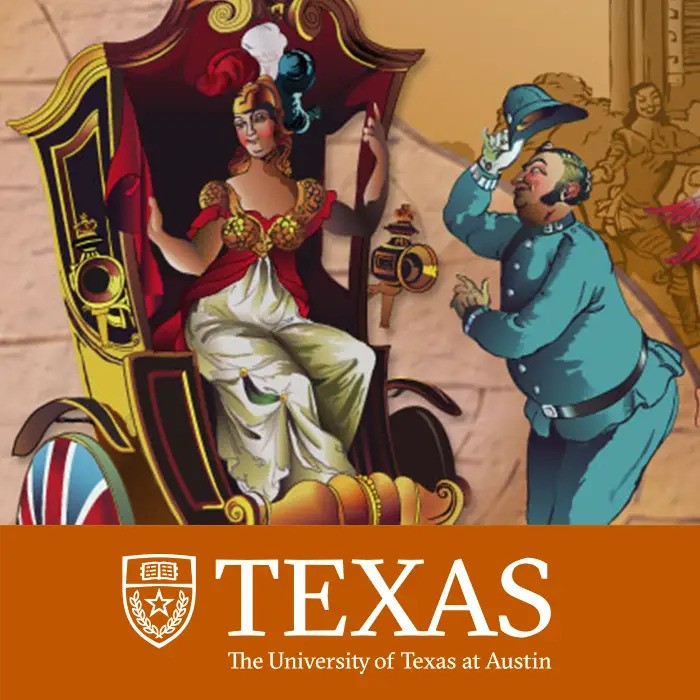
University of Texas at Austin
Valentine's Eve, 2015
I have come to think that the question of how to talk about love amid danger, death, and disruption is not a choice between cold, clear-eyed disenchantment and wishful, flinching romanticism. Rather to recall love amid horror is more of an activity, a kind of meditation, a discipline even. As though to search out and remain open to love were a kind of secular liturgy, the performance of which might offer consolation regardless of whatever doubt, darkness, or disillusion may pervade us.
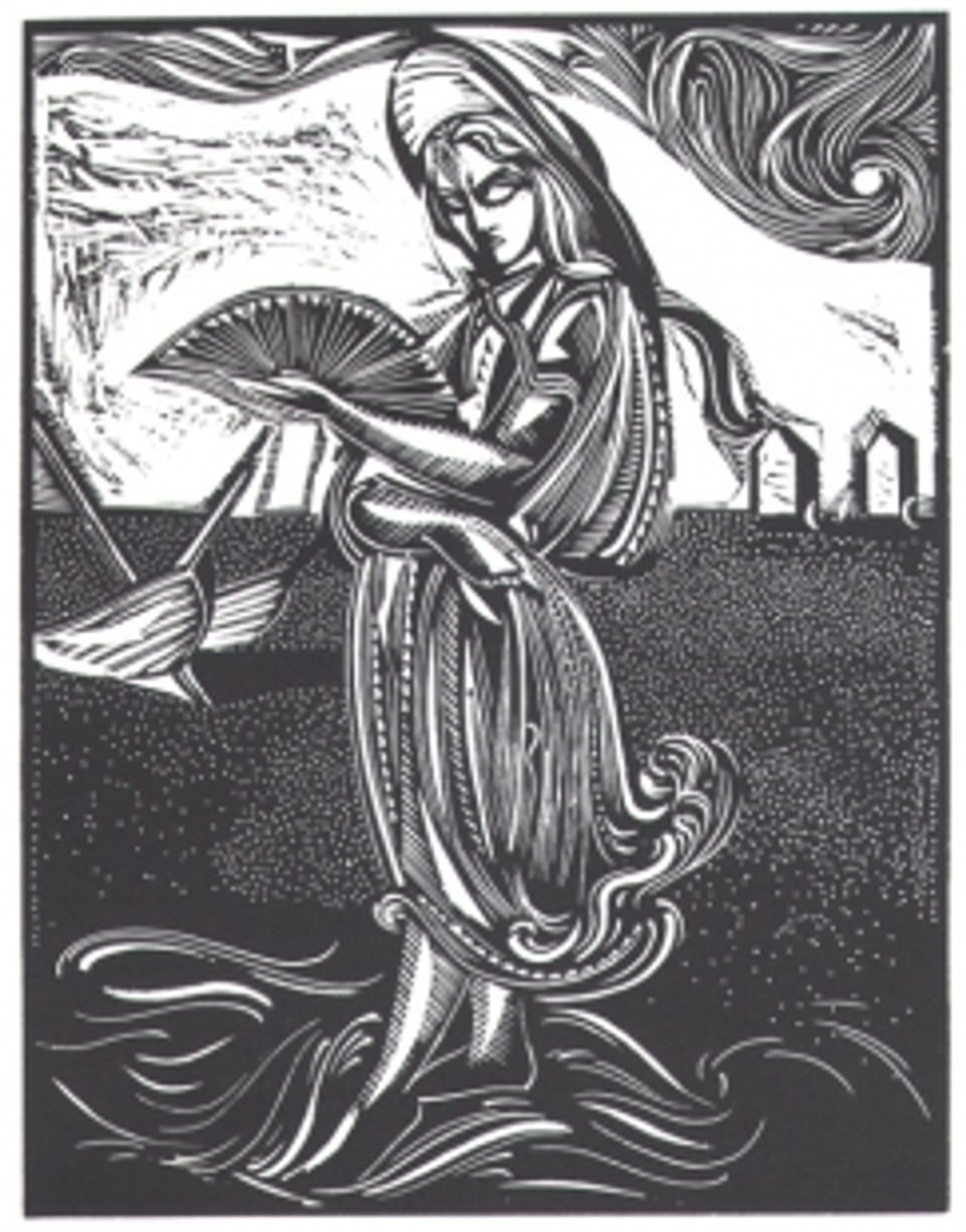
Hurricanes in Life & Literature
Since the advent of oceanic navigation and trade, people have been drawn to storm-beset coastlines. The discord between a desire for stability and the very real possibility of destruction is intractable. Chronicles of hurricanes from before the mid-20th century are often epics of under-preparation: pre-dawn drownings … the boundaries of cities beat back by the sea. Our own era of "disaster response," satellite imagery (first used in 1960), and improved flood control adds its own risks and ironies — the metrological subchapter of the great drama of modernity, where medicine and technology lengthen and protect more lives while steepening the drop between what is within our control and what is not.
The Myth Lab

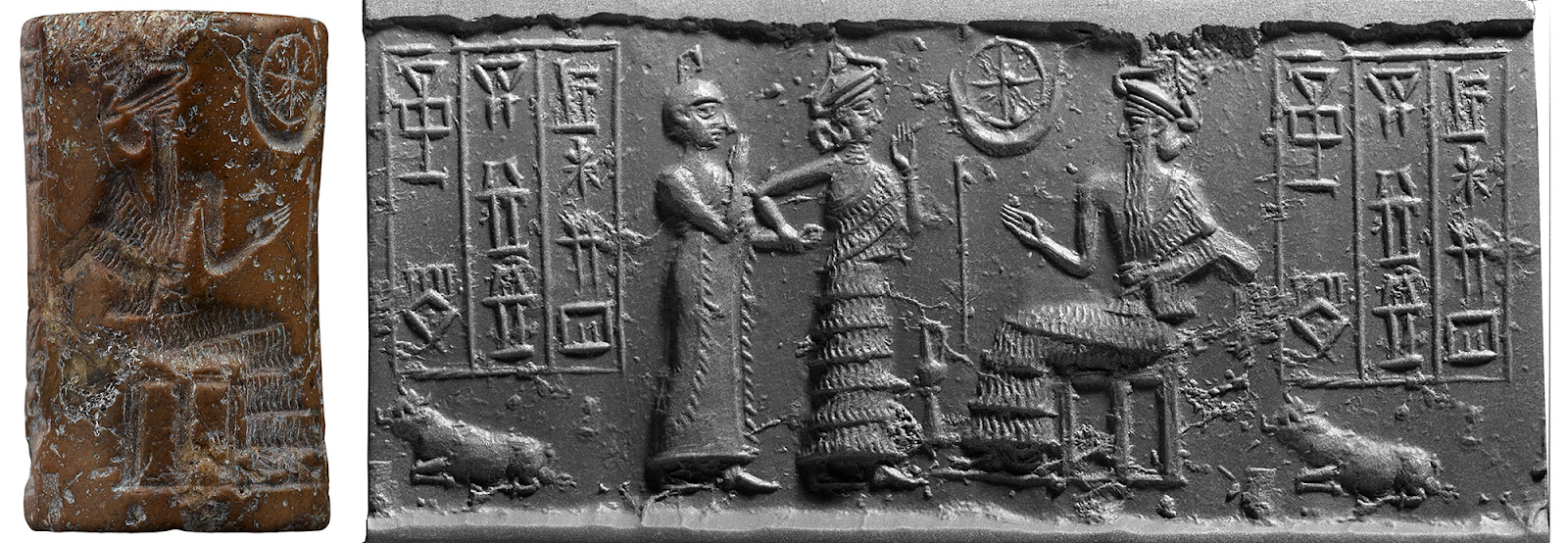
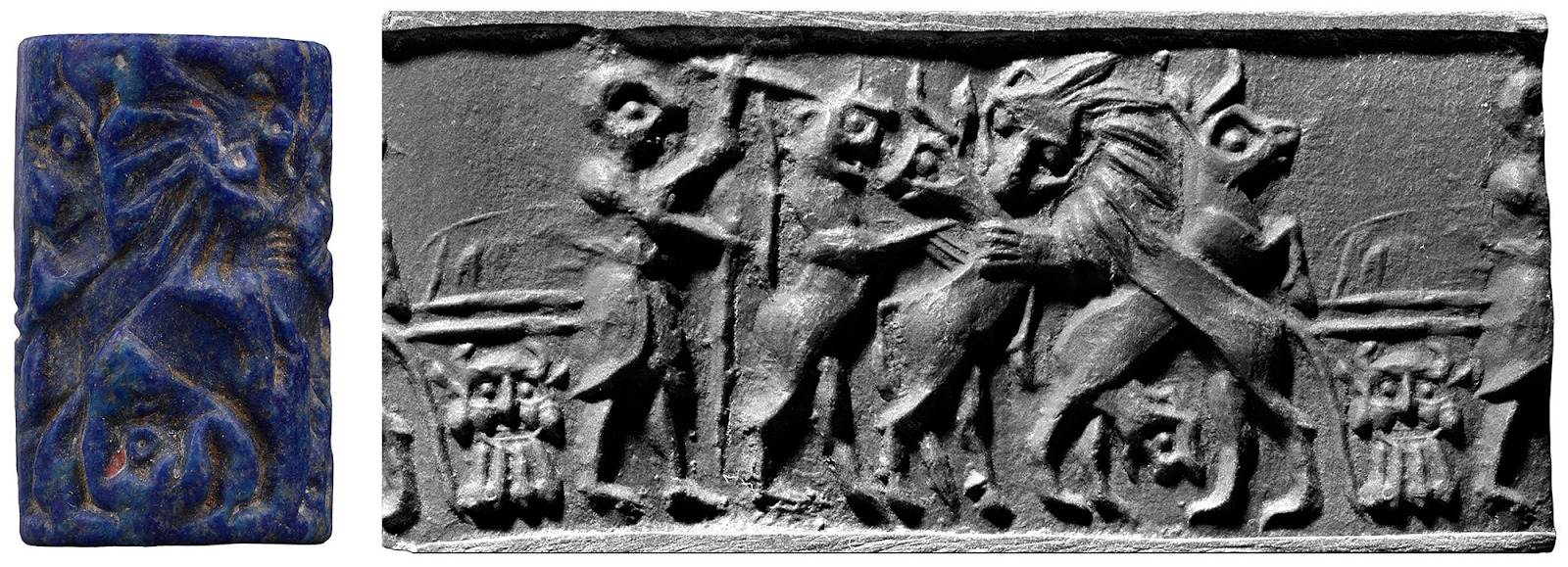
The Morgan Library,
New York City
The Myth Lab
When human culture changes, our myths also change. Many of the stories we need have never existed and so we must invent them. Our era calls for tremendous healing, growth, and reinvention at every level. And yet the new often emerges when we consciously transform the old. The Myth Lab is a new collaborative project that aims to incubate and disseminate new stories by fostering collaboration and dialogue between scholars and storytellers of ancient myths and creators of contemporary speculative art and fiction. Revisiting ancient myths can illuminate fresh possibilities for our present and make us more conscious of the stories, images, and ideals that underlie our lives and wider culture—and that we need to create.
The effects of intentionally nurturing new shared stories for our culture are immense. The Myth Lab's collaborations will seed and fortify a new wave of mythic stories across different mediums of art. The Myth Lab also hosts and facilitates public dialogues, performances, and workshops designed to activate participants' mythic imagination and sense of possibility.
For more information, visit themythlab.org.
Mythic Seminars
Ingrid Norton is currently offering in-person seminars in New York City that explore ancient myths and use these as a springboard for imagining new narrative possibilities and identifying the stories that we and our wider culture need.
Recent and upcoming seminars include a look at some of the great Mesopotamian myths and a seminar on mythic stories of erotic and romantic love.
For more information, use the contact page on this website.
Contact
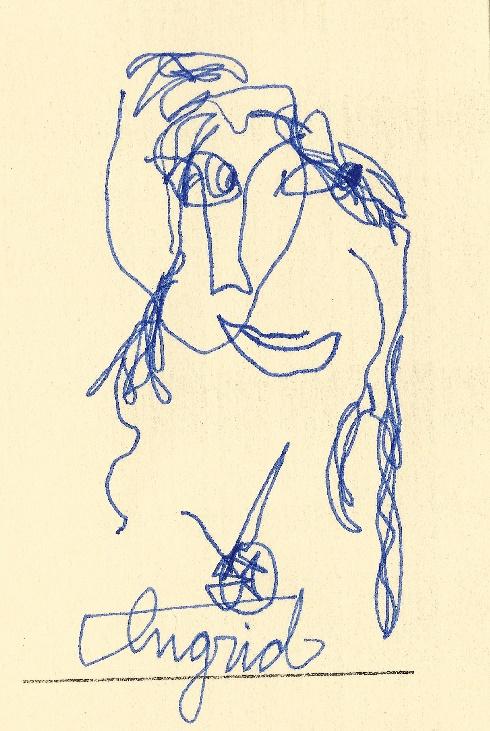
Sign up
here
to receive occasional updates and a sheaf of love poems on
Valentine's Day. To contact Ingrid directly, please write to her at
.
Literary representation
Claudia CrossPartner & Agent at Folio Literary
claudia@foliolit.com